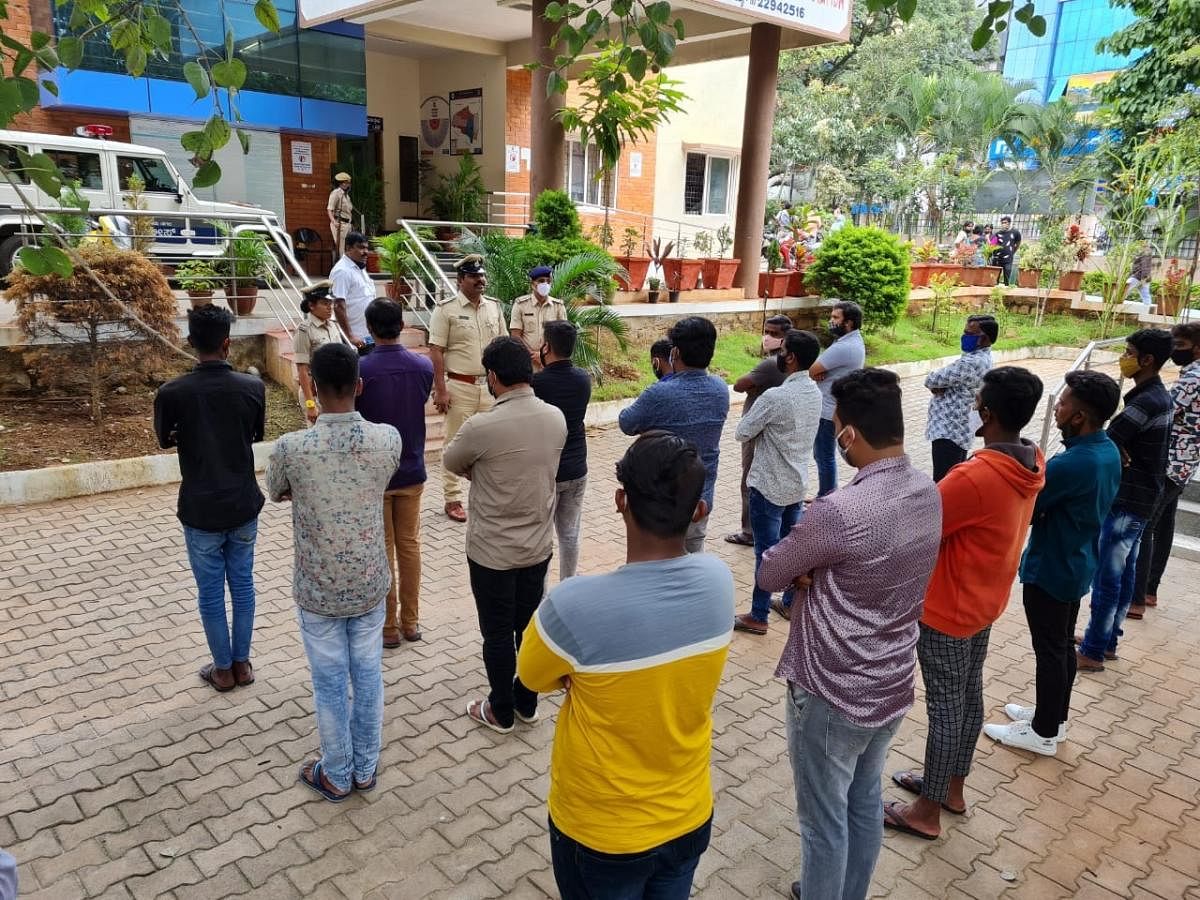
Policemen who protect criminals and connect with them clandestinely will be reined in, Police Commissioner Kamal Pant told Metrolife.
He ordered about 3,000 transfers and promotions recently. “If the police is found hand in glove with local rowdy elements, or if they ignore the crimes of local financiers, they will be dealt with harshly,” he says. These transfers are necessary to “disengage the police-rowdy nexus in certain pockets of the city,” he explains.
During a recent conference of IPS officers, Chief Minister Basavaraj Bommai had said the police should not broker deals. Pant believes police officers will fall in line once they know the higher-ups are keeping an eye on them. “We know of an officer who was going soft on a rowdy and we asked him to produce him in court. He did that. When the staff know that they are being watched, they follow instructions,” he says.
Systemic changes
Each of Bengaluru’s eight divisions have been given a target to bring down rowdy activities, according to Pant. “We realised that rowdies get comfortable in prison and take it as their second home. So we have requested the director-general of prisons to put them in far-flung prisons. Thirty eight such inmates have been moved out or are in the process of moving out of Bengaluru jail,” he says. He hopes that the unfamiliarity of a new place will discourage them from committing new crimes.
For the first time in five years, police are getting criminals to sign bonds that they will not commit any offences. A senior officer told Metrolife about 4,000 criminals had already signed such bonds.
“Of the 4,000, only 20 people have violated the bond and they will have to pay fine of anything between Rs 50,000 to five lakh to the treasury and in many cases they have also been imprisoned for violation of the bonds,” he says.
Police have also initiated externment proceedings against close to 50 rowdies. “We also have in the last one year invoked the Goonda Act against 30 rowdies and put them in preventive detention,” he adds. DCP Harish Pandey informs that a new system has been put in place where all rowdy-related cases will be led by sub-inspectors. “They can keep a close watch on the case to protect witnesses and ensure the rowdies turn up in court. This will ensure a higher rate of conviction and better trial monitoring,” says Pandey.
Police are also conducting rowdy parades and checking their houses at least once a month for weapons and narcotics. “There are very committed officers who are committed to preventing crime of all kinds and working overtime to thwart rowdy activities,” says a senior officer.
A deputy commissioner of police says he keeps track of the progress of cases against history-sheeters. “If there is a delay in filing an FIR or even delay in speaking to the petitioner, the inspectors are questioned and show cause notices issued,” he says.
Criminals get protection, lend money at high interest
Many on the rowdy list enjoy cosy friendships with some policemen in their area of operation, says a senior officer from the crime branch of the Benglauru police.
Some policemen, sub-inspector and higher in rank, become friends with big developers and local politicians, and protect criminals. “Farewell and welcome parties for police officers are organised and funded by these history-sheeters. Especially in Ullal and Guttahalli in Basavanagudi, financiers rub shoulders with police officials,” he says. They lend this money at 2.5 to 5% monthly interest and help some of the officers increase their ill-gotten wealth. Every area has one such kingpin and at least ten people who do the leg work for them, he says. There have been instances where criminal financiers have sponsored constructions in the local inspectors houses, and in some other instances, such officers were given a posh vehicle for personal use. “All these are favours with expectations,” he adds.